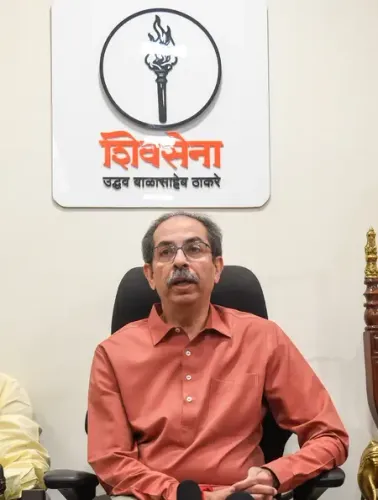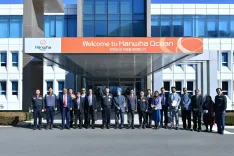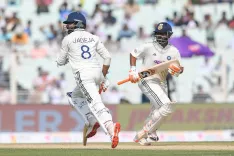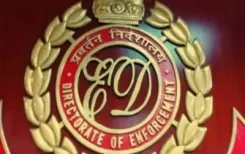What Measures is NGT Taking for Water Safety in Tambaram?
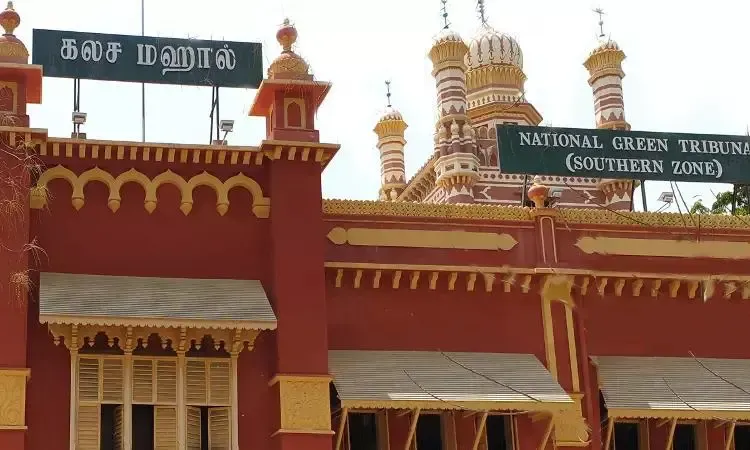
Synopsis
Key Takeaways
- NGT mandates quarterly water audits to ensure safety.
- Structural integrity checks on drinking water pipelines are essential.
- Focus on preventive measures to protect public health.
- Only 38 of 70 wards have adequate sewerage coverage.
- Community health surveillance and awareness programs are crucial.
Chennai, Nov 15 (NationPress) Almost a year after the tragic incident where three individuals lost their lives and 20 others were hospitalized due to claims of consuming contaminated water from public taps in Tamil Nadu's Tambaram, the southern bench of the National Green Tribunal (NGT) has mandated a set of rigorous measures to avert a recurrence of such occurrences.
A bench led by Justice Pushpa Sathyanarayana and expert member Prashant Gargava has directed the Tamil Nadu Pollution Control Board (TNPCB) to implement quarterly assessments of water quality and perform thorough inspections of drinking water pipelines to ensure they are structurally sound.
The tribunal underscored that the preventive measures must be ongoing and scientifically validated to protect public health.
The NGT highlighted the demographic and infrastructural pressures confronting the Tambaram Corporation, which serves a population exceeding 10.11 lakh across 70 wards.
The bench noted that although the city has experienced rapid urban growth, the development of underground sewerage systems (UGSS) and sanitation facilities has not kept pace.
Pointing out existing coverage deficiencies, it was observed that only 38 out of 70 wards are currently covered by an underground sewerage network.
In the remaining regions, households depend on septic tanks and open drains, many of which empty into stormwater drains or natural canals. This situation, the bench remarked, poses an ongoing risk of cross-contamination—particularly in areas where drinking water pipelines and sewer lines run parallel or intersect.
Despite laboratory tests and autopsy reports failing to definitively connect the deaths to contaminated drinking water, the NGT emphasized that systemic weaknesses still exist.
“A locality with incomplete sewerage coverage and sporadic pipeline maintenance is always at risk,” the bench stated, instructing authorities not to overlook structural deficiencies just because contamination was not established.
As part of its directives, the tribunal has ordered the Tamil Nadu Water Supply and Drainage Board (TWAD) to commence the preparation of detailed project reports aimed at extending underground sewerage systems to all remaining wards.
TWAD has also been tasked with providing quarterly progress reports to the TNPCB.
Furthermore, the bench directed the state government to ensure the timely allocation of approved funds, expedite UGSS and STP projects, and maintain ongoing community health surveillance, conduct health camps, and initiate awareness programs in vulnerable neighborhoods.
Previously, the Tambaram Corporation had refuted claims that drinking water contamination was the cause of the fatalities, asserting that adequate measures were in place to guarantee a safe water supply. The TNPCB supported the corporation's position.

